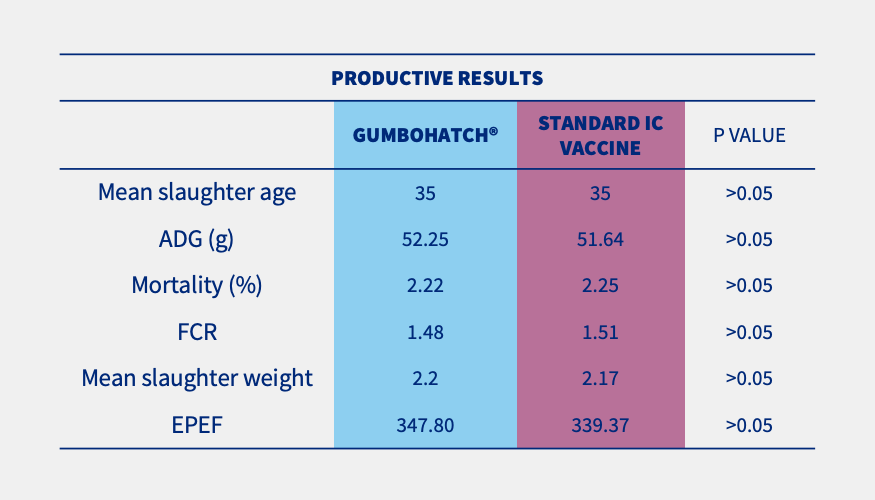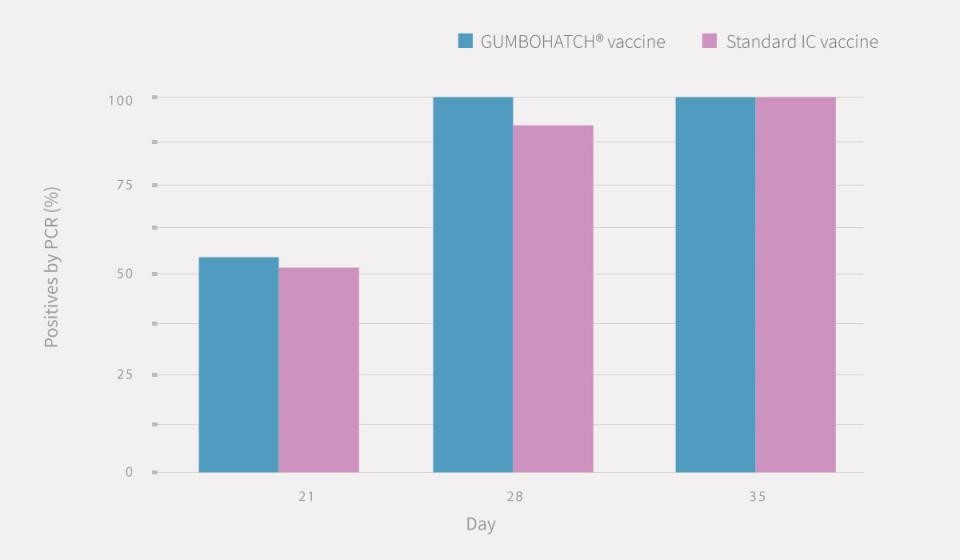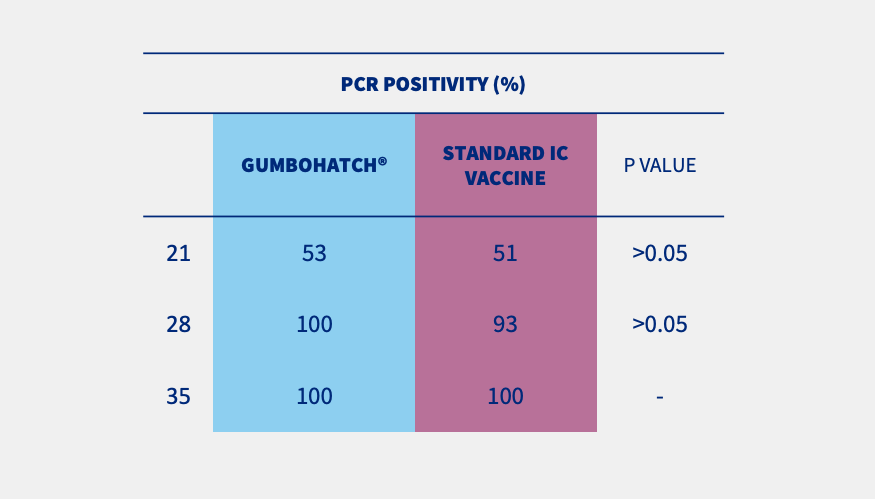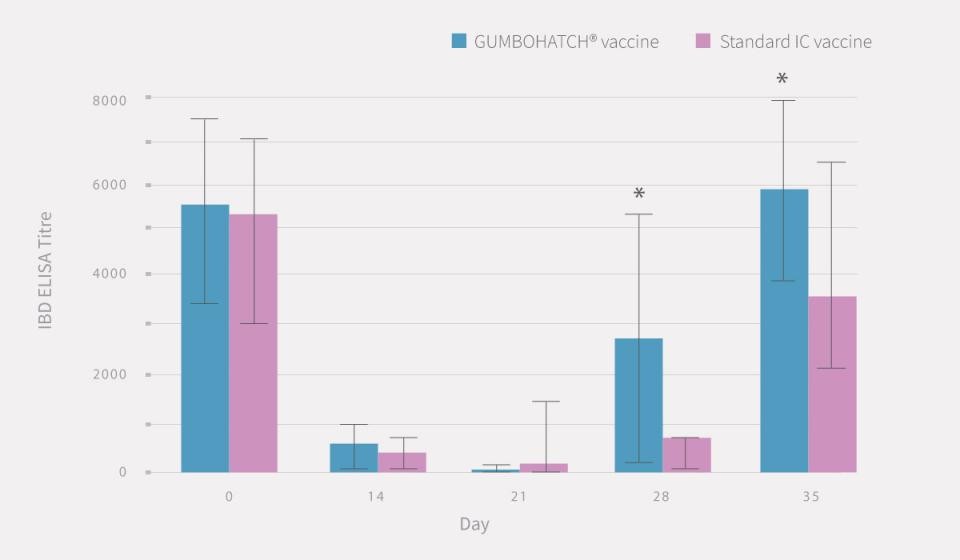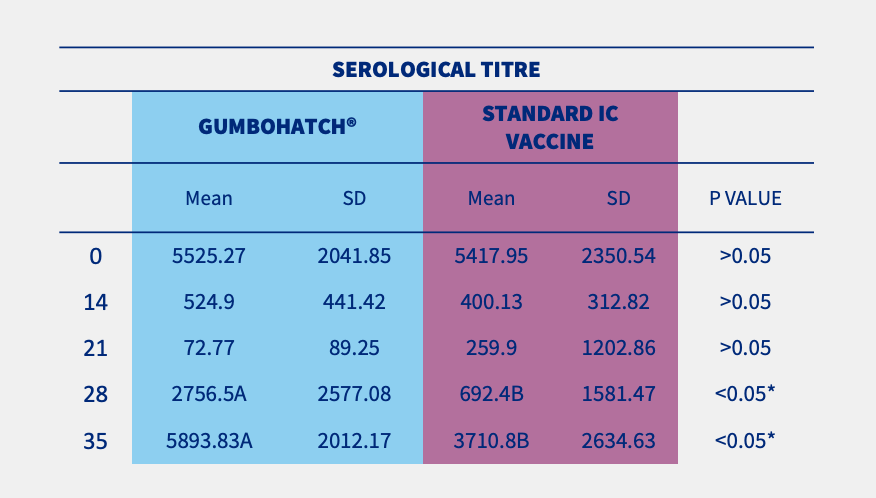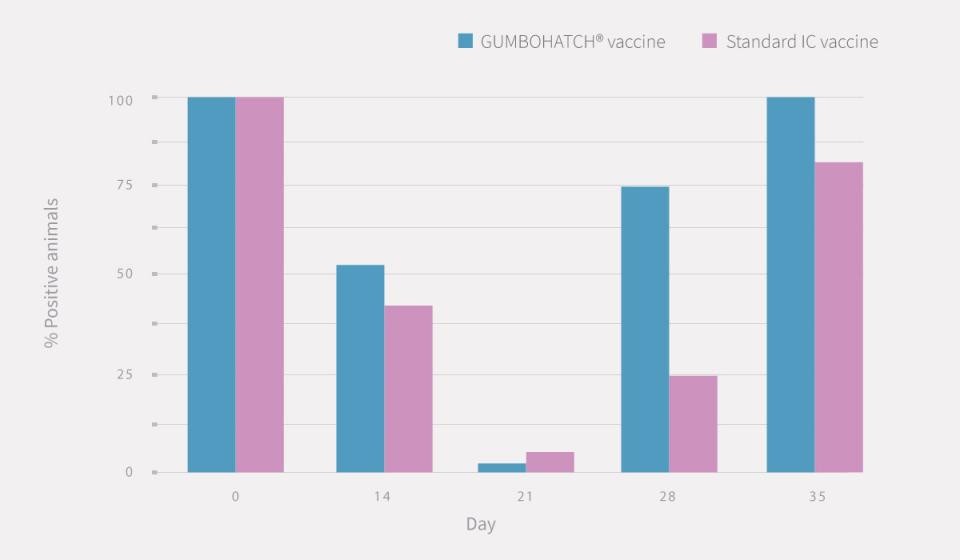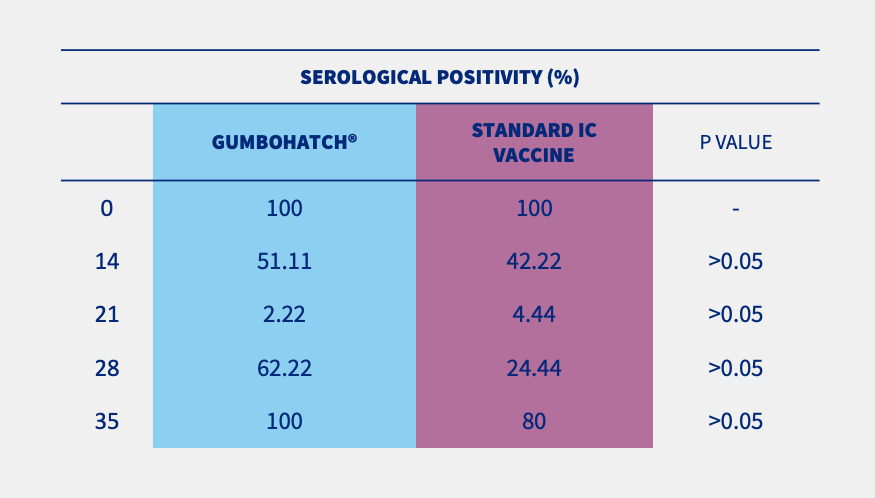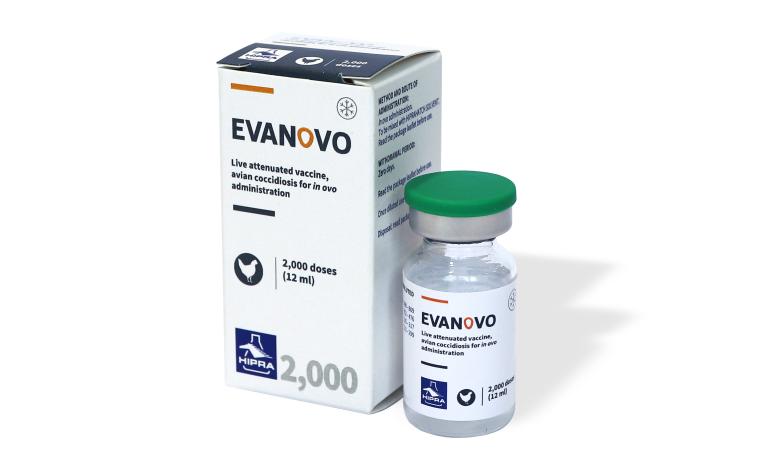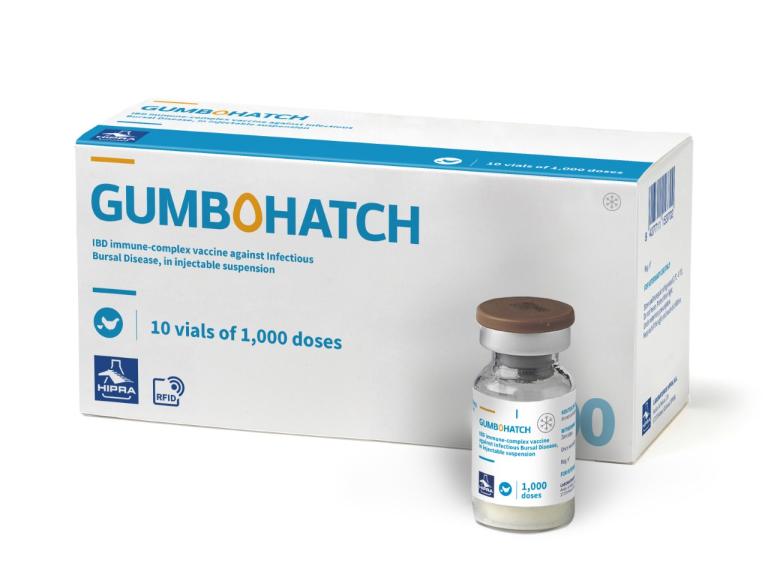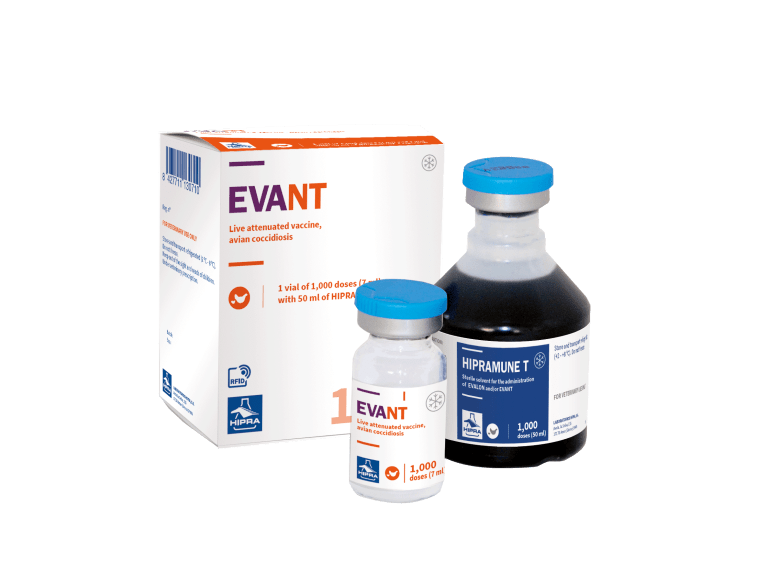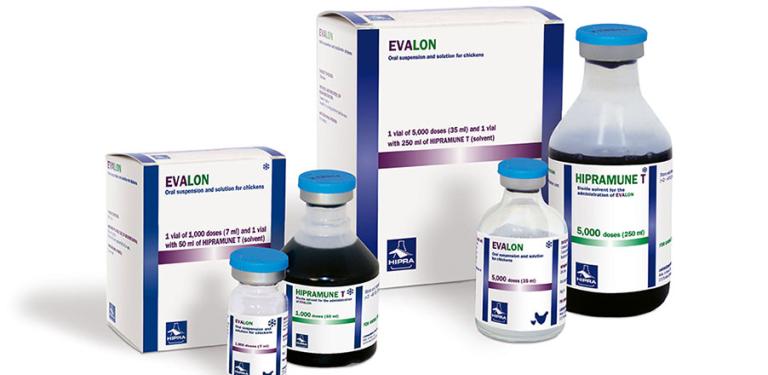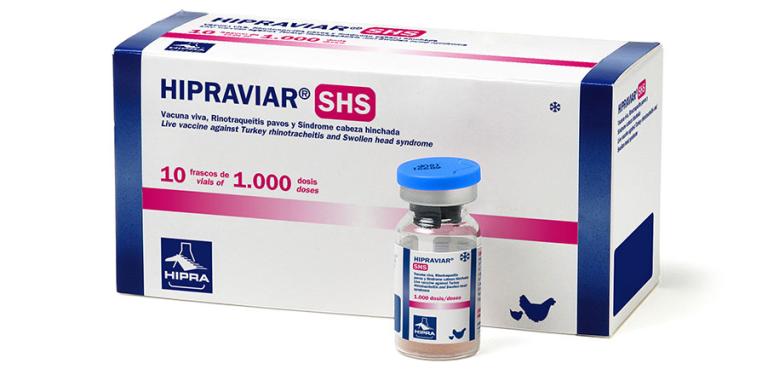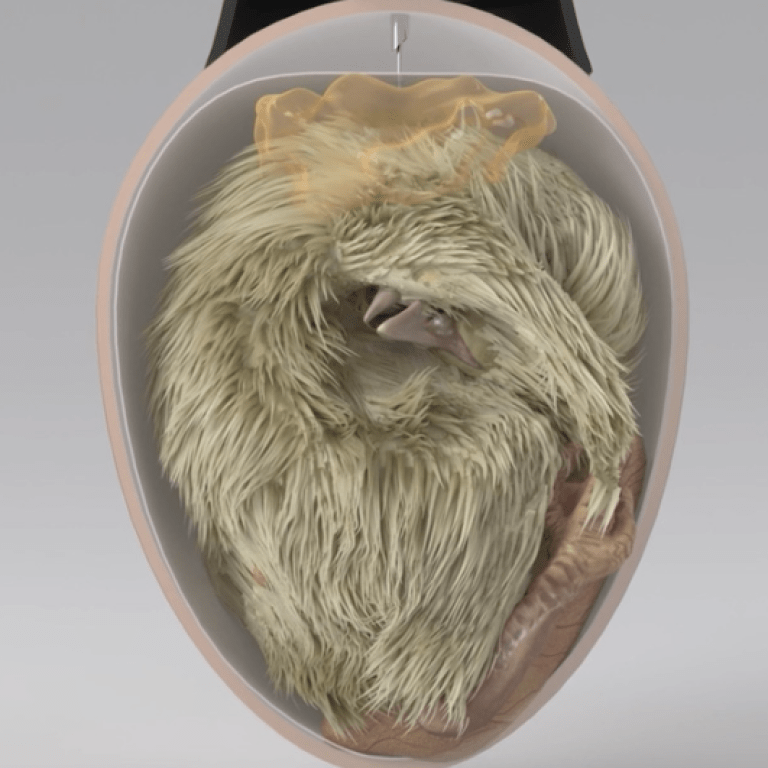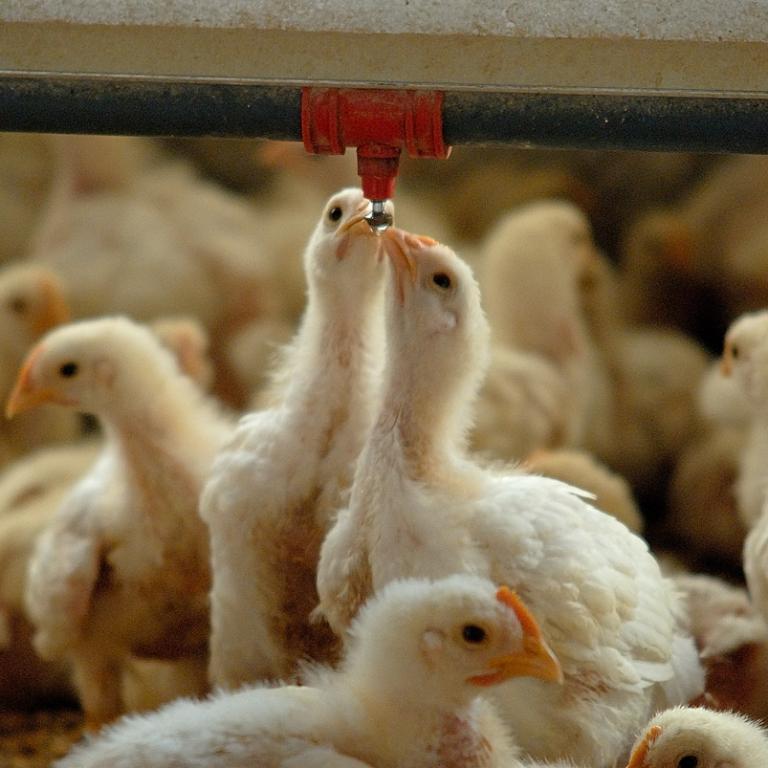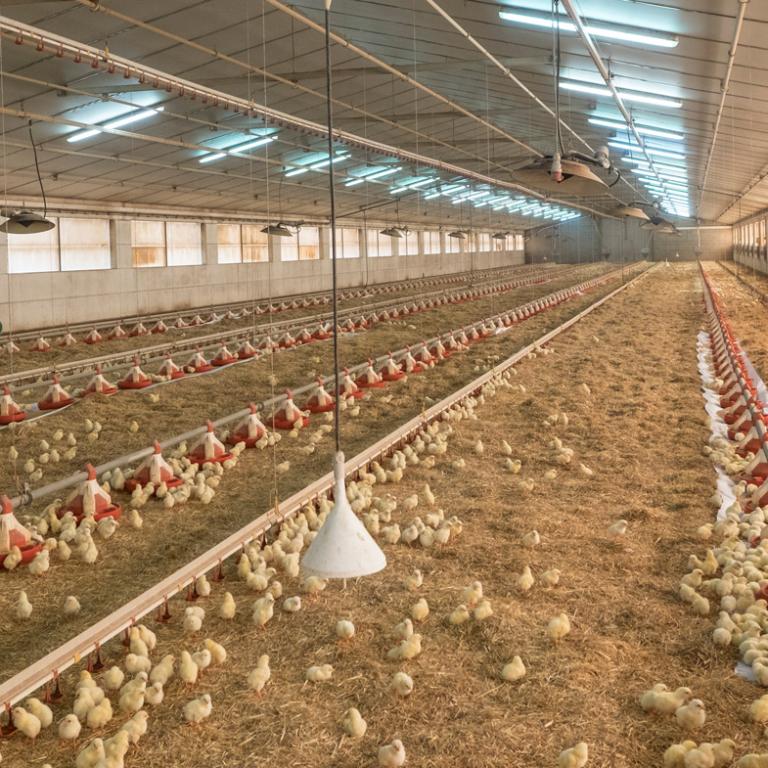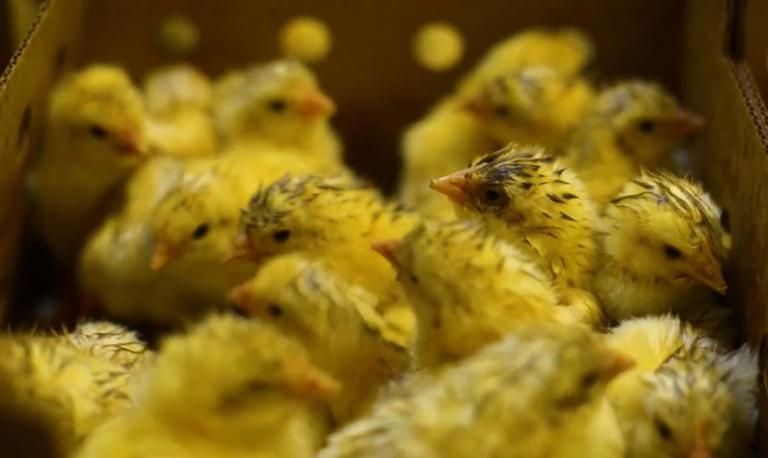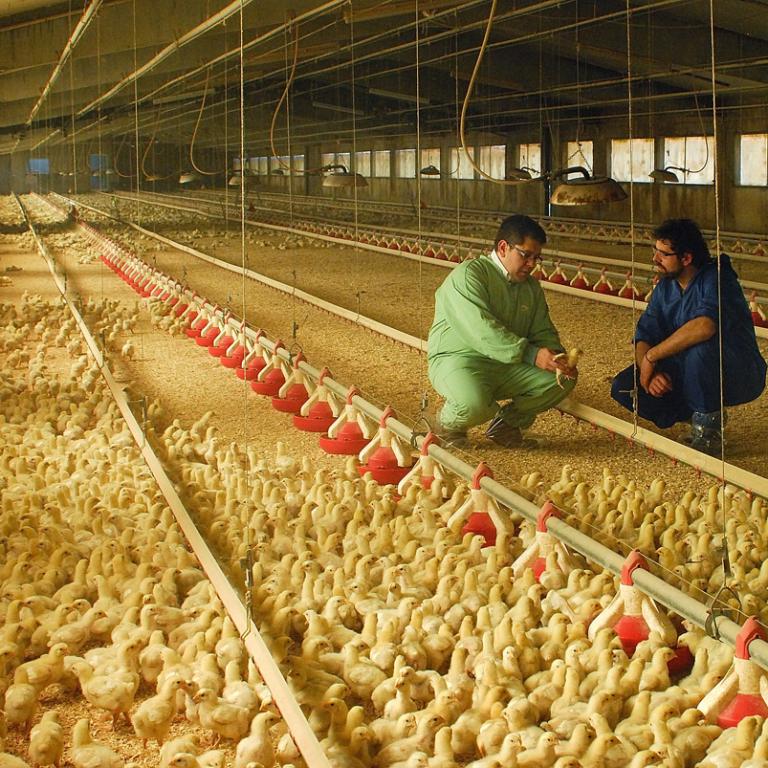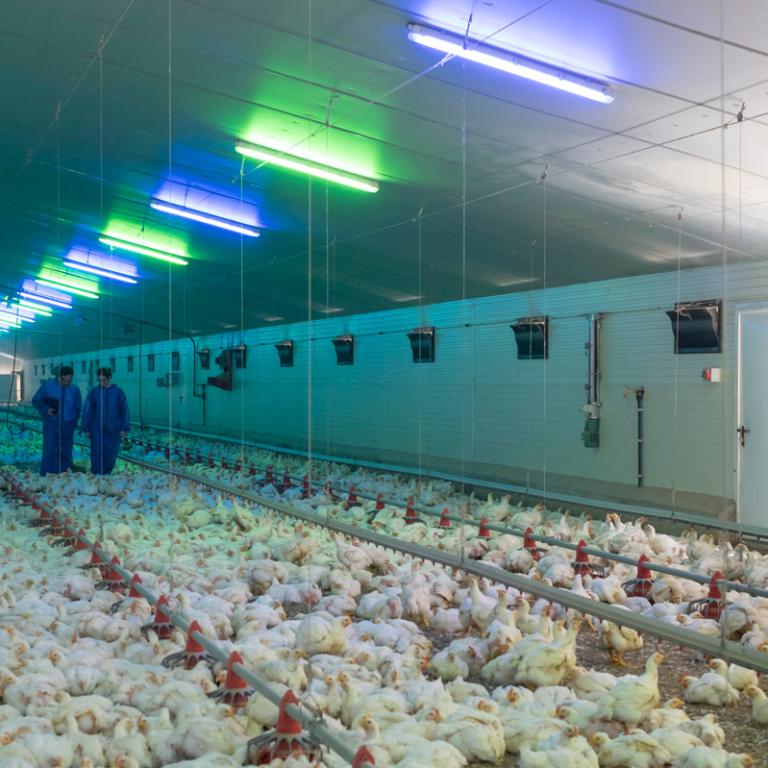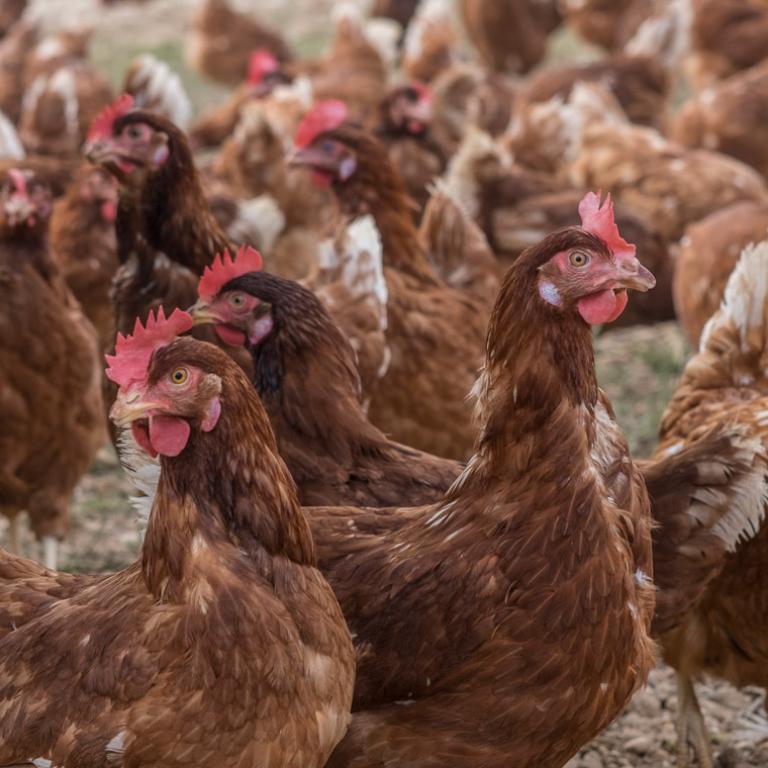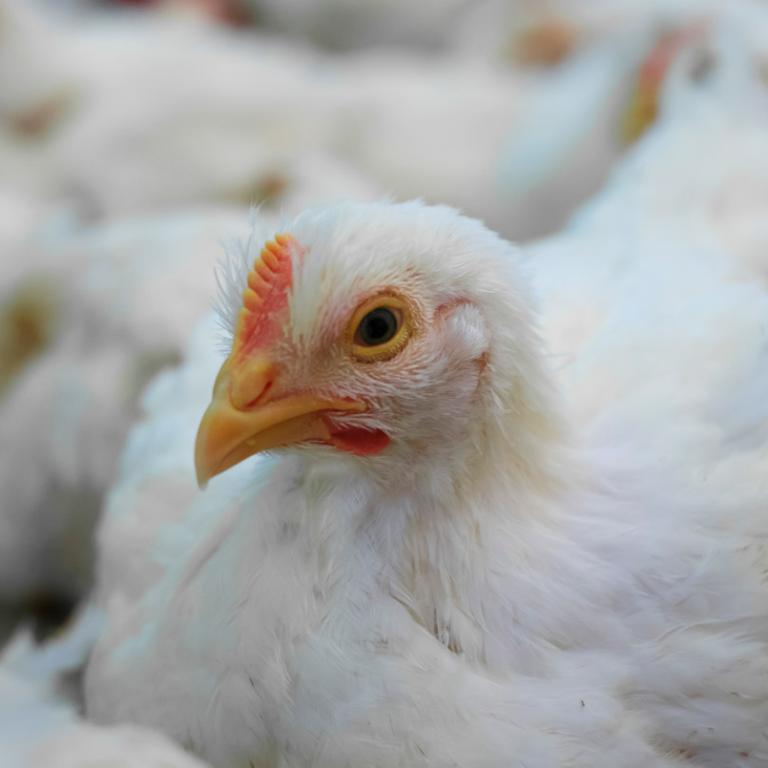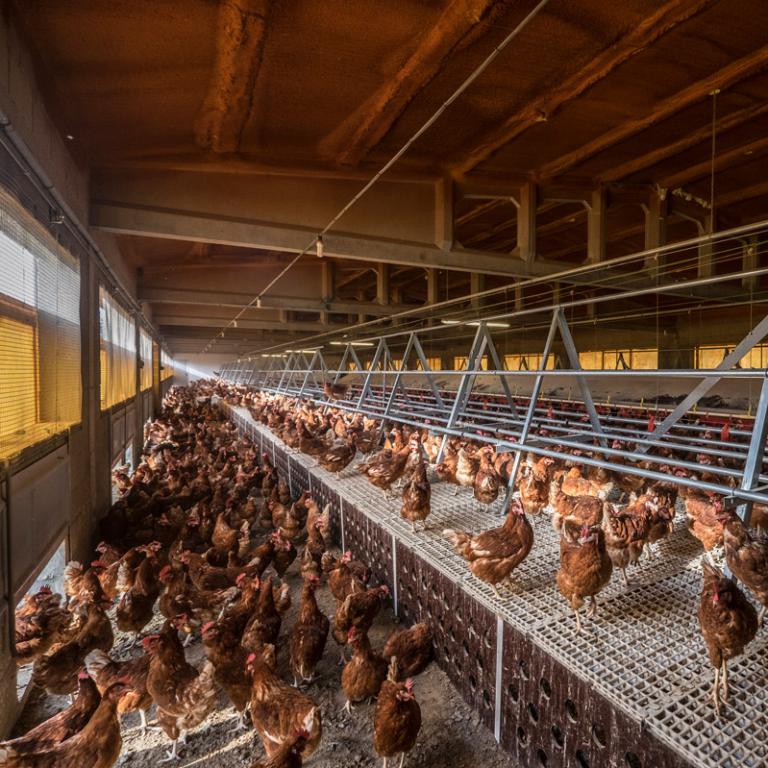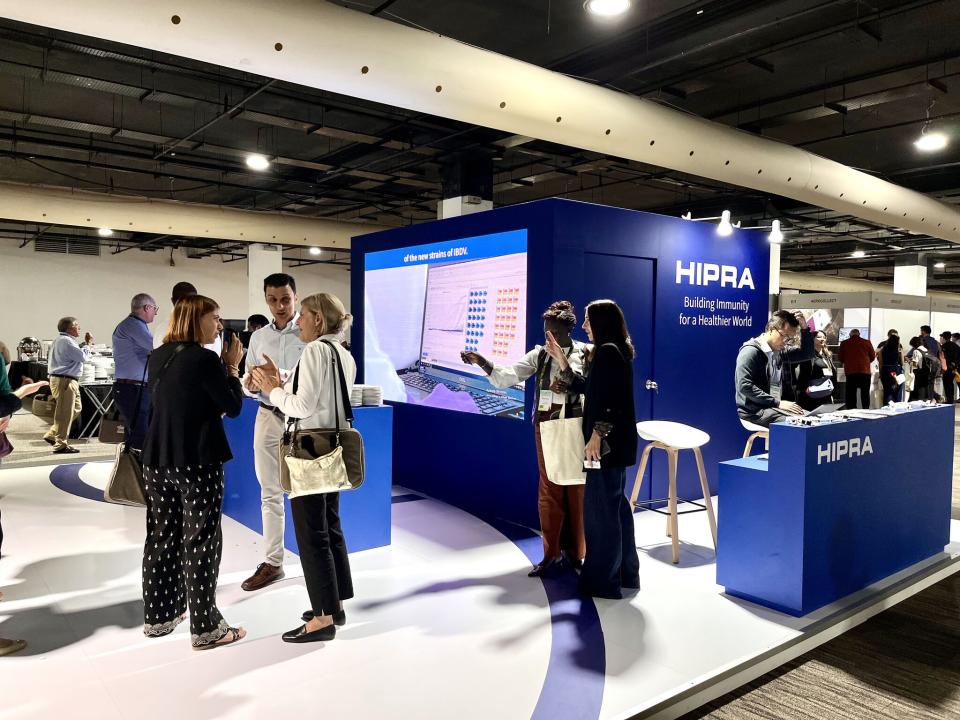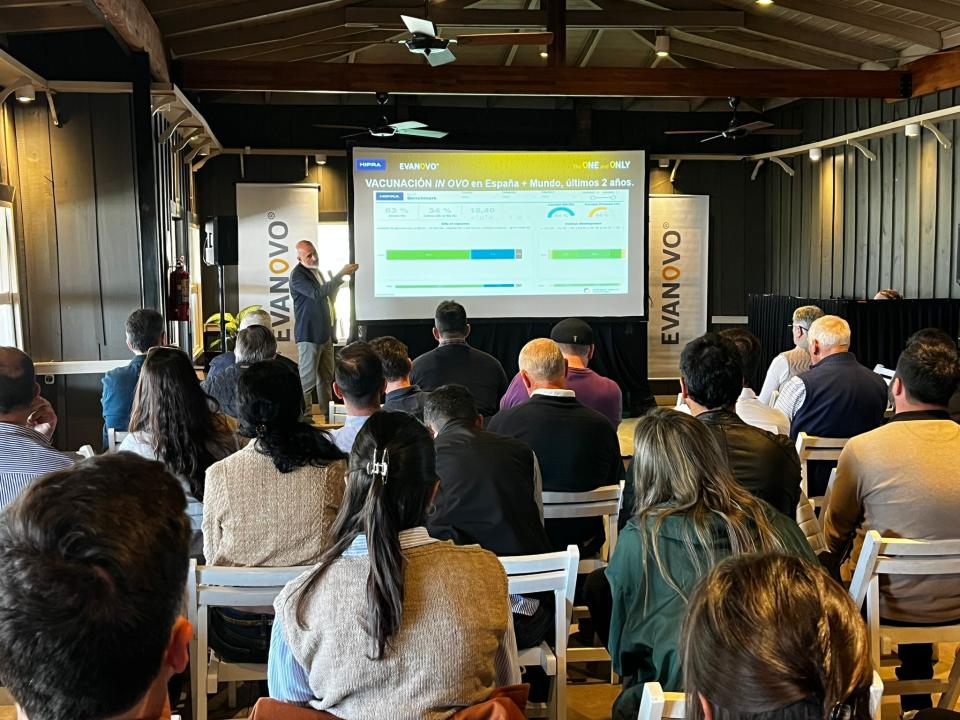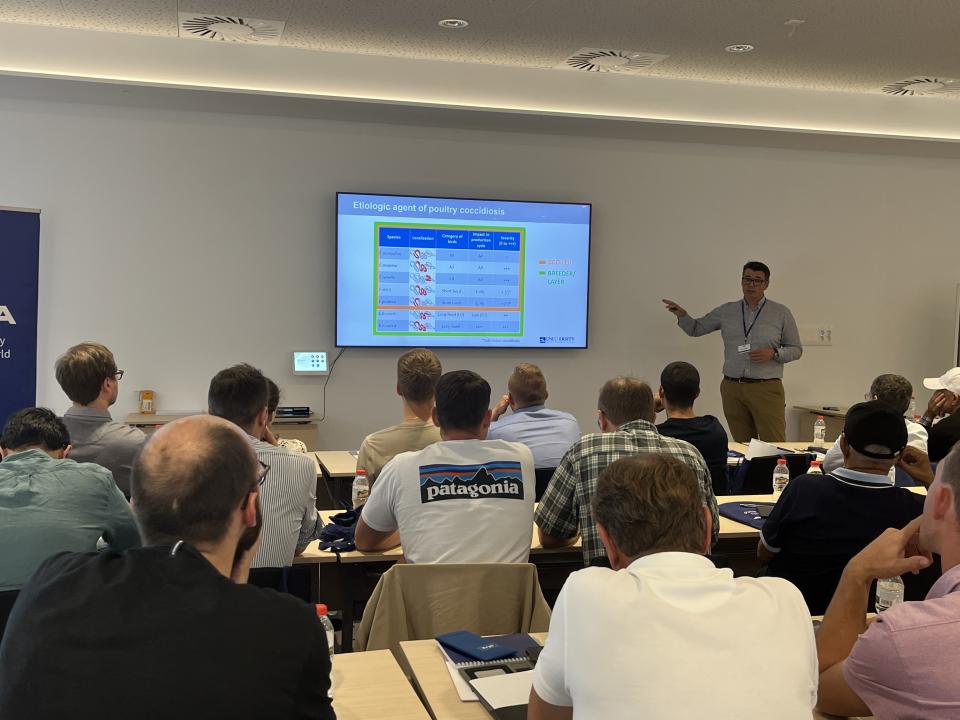Introduction:
GUMBOHATCH® is a new immune-complex vaccine against Infectious bursal disease (IBD) developed by HIPRA (Spain). This new immune-complex vaccine has introduced a different formulation (IgY of egg origin) and control parameters (free IgY detection and neutralization control) to ensure the complete coating of the IBDV virus.
All these new improvements have resulted in a newly formulated immune-complex vaccine, which ensures the maintenance of the maximum potency of the vaccine and consistent results in the field, even in the presence of high levels of maternal antibodies1.
The present multicentre, positive-controlled and blind clinical trial was performed with the aim of evaluating the safety and efficacy of GUMBOHATCH® (immune-complex vaccine against Infectious bursal disease) when administered via the subcutaneous route under field conditions compared with a standard formulated immune-complex vaccine in Europe.
Methods:
A total of 160,731 one-day-old chicks were vaccinated via the subcutaneous route with GUMBOHATCH® (n= 77,152) or with a commercial IBD-complex vaccine (n=83,579) as a standard vaccine, following the manufacturer’s instructions. After vaccination, the chicks were distributed to 2 commercial broiler farms in France and to one farm in Belgium.
On each farm the two groups were housed in separate units under identical conditions and monitored up to the end of rearing (35 days of life). Several safety and efficacy parameters were evaluated during this period.
Blood sampling and necropsy of 15 chicks per group and farm were performed at different time points. Antibody titres to the IBD virus were determined using CIVTEST® AVI IBD (HIPRA). During necropsies macroscopic bursal lesions were evaluated and bursal imprints on FTA cards were collected for PCR analysis. Data from the three farms were analyzed altogether.
